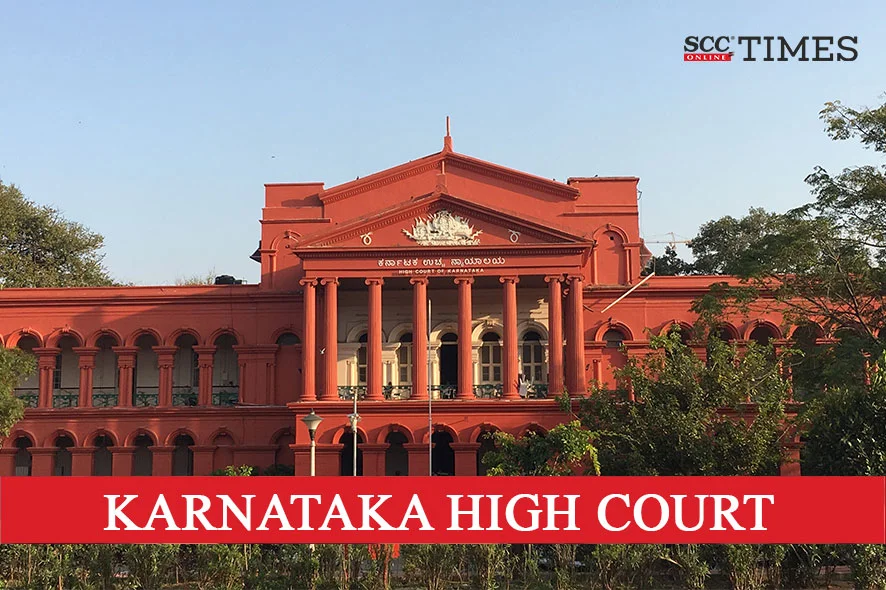Karnataka High Court: In a writ petition filed under articles 226 & 227 of the Constitution, praying to direct the respondents to grant/clear arrears of encashment of earned leave, the bench of Sachin Shankar, J.*, opined that leave encashment is not a discretionary bounty and is a legal right enforceable under the Constitution. Emphasizing that entitlement to leave encashment is integral to the fundamental rights guaranteed under the Constitution, the Court stated that administrative instructions, lacking the force of law, cannot override the constitutional protections and deprive individuals of their entitlements as mandated by Article 300-A of the Constitution.
BACKGROUND
The petitioner, who served as a waterman, was not paid his earned leave encashment upon his retirement. Despite clear directives from the Zilla Panchayath and the Taluka Panchayath, the Gram Panchayath released only a fraction of the earned leave amounting to Rs. 70,000/-, leaving an outstanding balance of Rs. 1,32,200.
Several objections were raised, disputing the petitioner’s employment status. The Gram Panchayath contended that the petitioner was merely a temporary employee and raised doubts regarding the authenticity of the documents furnished by the petitioner.
DECISION & ANALYSIS
The Court, after an exhaustive examination of the records, documents, and submissions made by both parties, stated that the Gram Panchayath’s contention was devoid of merit and lacked any substantive evidence to support its claims. It stated that the petitioner’s service record, spanning over several years and across different administrative units, unequivocally established his continuous employment which is also corroborated by the pensionary benefits extended to the petitioner by the Grama Panchayath upon his superannuation.
Placing reliance on, Jagdish Prasad Saini v. State of Rajasthan, 2022 SCC OnLine SC 1296, in which the Supreme Court categorically held leave encashment to be an integral part of the employee’s salary, the court emphasized that authorities cannot absolve themselves of their statutory obligations towards discharging the leave encashment dues of retiring employees.
The Court, on the basis of the decision of the Supreme Court in, Deokinandan Prasad v. State of Bihar, (1971) 2 SCC 330, rejected the antiquated notion of the benefits being mere gratuitous payments subject to the discretionary will of the employer. Instead, it held that pension and gratuity are integral to fundamental rights enshrined under Article 19(1)(f) and Article 31(1) of the Constitution, which safeguard an individual’s economic and personal liberties.
The Court, while perusing Article 300-A of the Constitution, held that an attempt to withhold or curtail these entitlements solely on administrative directives would be unconstitutional.
The Court relied onto Articles 19(1)(f), 21(1) and 300-A of the Constitution and granted the petitioner his earned leave encashment. Consequently, allowing the petition, the Court directed the Gram Panchayath to disburse the outstanding earned leave encashment with 6% interest within three months.
[H Channaiah v. Chief Executive Officer, 2024 SCC OnLine Kar 54, decided on 25-04-2024]
*Order by Justice Sachin Shankar
Advocates who appeared in this case :
For the Petitioner: Babu Rao .M, Advocate
For the Respondents: A. Nagarajappa, AGA








